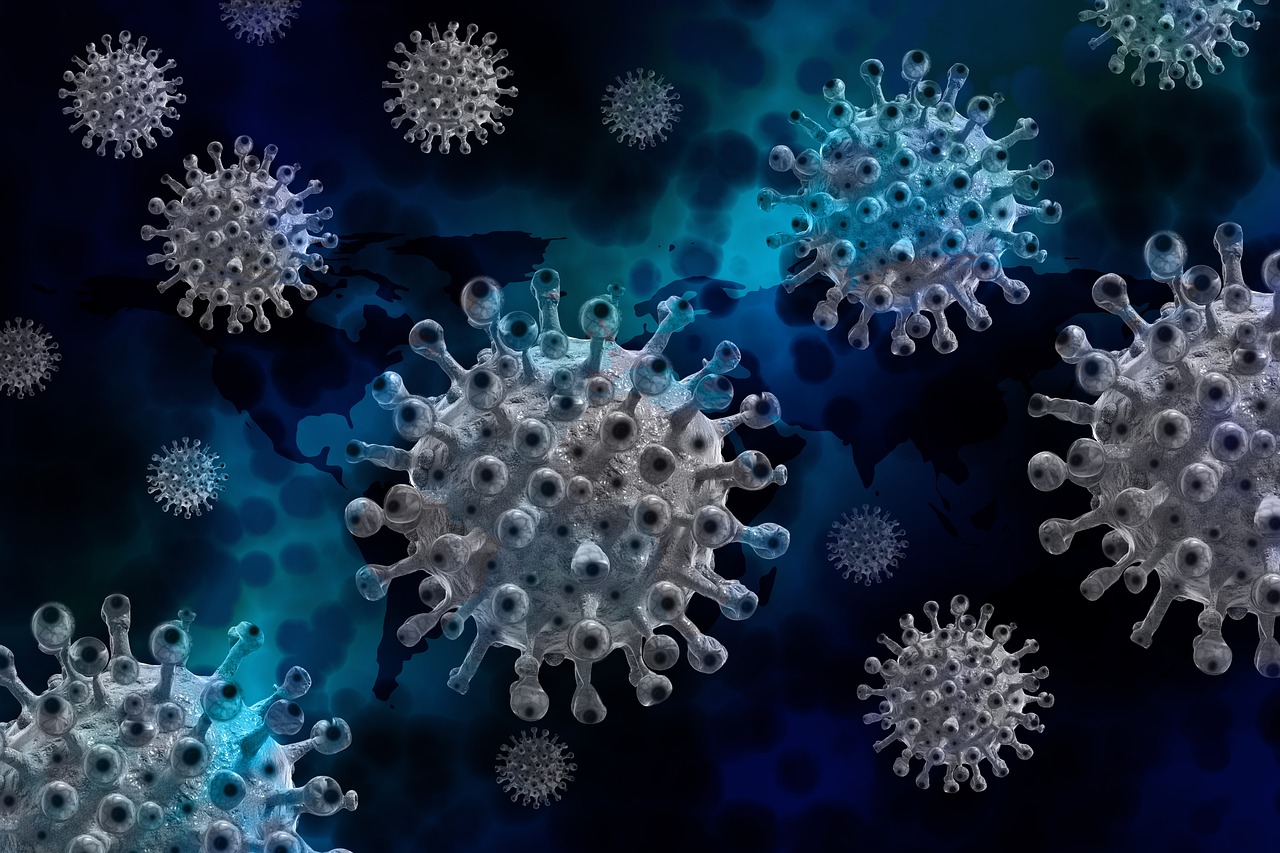A study led by Deepta Bhattacharya, an Indian-origin associate professor at the University of Arizona, shows that immunity against COVID-19 may persist for as long as five months after being infected.
The research team from the University of Arizona studied the production of antibodies from a sample of nearly 6,000 people infected with the novel coronavirus.
"We clearly see high-quality antibodies still being produced five to seven months after SARS-CoV-2 infection," said Bhattacharya. "Many concerns have been expressed about immunity against COVID-19 not lasting. We used this study to investigate that question and found immunity is stable for at least five months.
The study shows that when a virus first infects cells, the immune system deploys short-lived plasma cells that produce antibodies to immediately fight the virus. These antibodies appear in blood tests within 14 days of infection, said the researchers.
The second stage of the immune response is the creation of long-lived plasma cells, which produce high-quality antibodies that provide lasting immunity, according to the researchers.
Bhattacharya, along with Professor Janko Nikolich-Zugich, tracked antibody levels over several months in people who tested positive for SARS-CoV-2 antibodies and found that the antibodies are present in blood tests at viable levels for at least five to seven months. Although they believe immunity lasts much longer.
Previous studies done suggested that antibody levels drop quickly after infection, providing only short-term immunity.
However Bhattacharya believes these studies focused on short-lived plasma cells and failed to take into account long-lived plasma cells and the high-affinity antibodies they produce.

